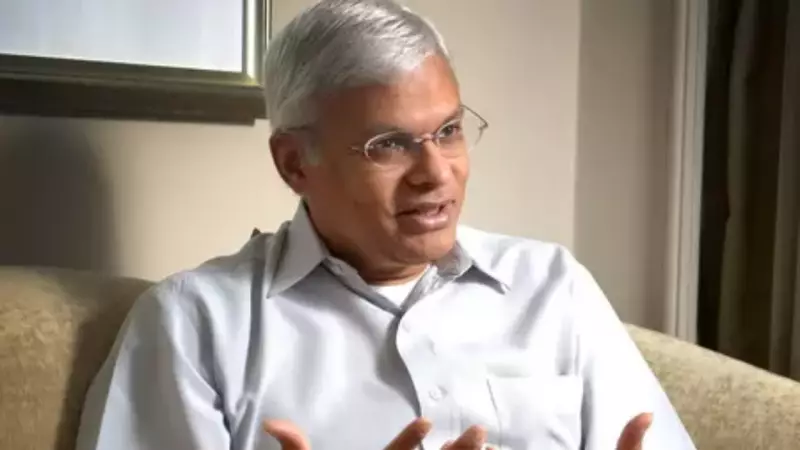
In a significant legal development that has captured international attention, a United States court has ordered the release of an individual named Tellis while he awaits trial. The decision comes amid heated debates about international relations and diplomatic engagements.
Court Rules in Favor of Release
The US judicial system has demonstrated its commitment to balanced justice by granting Tellis release pending further legal proceedings. This ruling underscores the principle that individuals are presumed innocent until proven guilty, regardless of the complexity of their case.
Legal Team Strongly Refutes Allegations
Tellis's legal representatives have mounted a vigorous defense against claims that their client's interactions with Chinese contacts were inappropriate. "There is nothing sinister about his engaging Chinese entities," the lawyers emphatically stated in court documents.
The defense team argued that in today's globalized world, international professional contacts are commonplace and should not be automatically viewed with suspicion. They maintained that Tellis's actions were within legal boundaries and represented normal professional conduct.
Broader Implications for International Relations
This case occurs against the backdrop of increasingly complex US-China relations, where business and professional engagements are often scrutinized through geopolitical lenses. The court's decision to grant release suggests a nuanced approach to cases involving international contacts.
Legal experts following the case note that the ruling could set important precedents for how similar cases are handled in the future, particularly those involving cross-border professional relationships.
What Comes Next?
While Tellis enjoys temporary freedom, the legal battle is far from over. The prosecution continues to build its case, and future court dates will determine the ultimate outcome of this high-profile matter.
The case continues to draw attention from diplomatic circles, legal experts, and international relations analysts who see it as a test case for balancing national security concerns with individual rights in an interconnected world.





